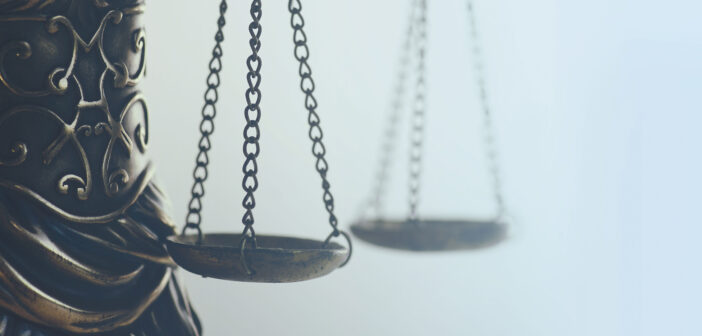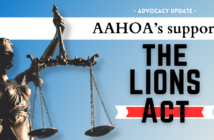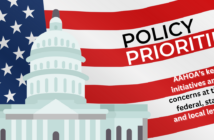Common Ground profiles members of opposing parties who are working together to advance issues important to hoteliers.
by SEAN GROSSNICKLE
THE ISSUE
Following the initial COVID-19 shutdowns, state governments across the country developed and rolled out plans to reopen their econo-mies. Many businesses were ready to open again, but concerns of COVID-19-related lawsuits cast a shadow over the prospects of re-newed operations, even for businesses following public health guidelines and developed mitigation plans. Hotel owners have experi-enced the burdens of frivolous legal claims for decades. Take, for example, “drive-by” ADA lawsuits, which occur when a lawyer submits a legal complaint describing overly technical or potential ADA infractions on a property and demands thousands of dollars to settle at a price point that is slightly less than the cost to retain counsel. For small business owners, the prospect of lawsuits and legal fees threatens injurious financial strain on top of the pervasive damages already caused by the pandemic. As of early August, the federal government had yet to enact limited-liability protections for business operating during the pandemic. However, while planning for a safe and suc-cessful reopening of the economy, several state legislatures and governors passed their own sets of liability protections.
COMMON GROUND
The public concerns of business owners facing potential liability as economies reopened back in April caught the attention of state and local lawmakers. In North Carolina, Rep. Harry Warren (R-NC-76) introduced House Bill (HB) 118, “An Act to Provide Limited Immunity from Liability for Claims Based on Transmission of Coronavirus Disease.” This bill expanded on the immunity protections outlined in a preceding bill introduced in the Senate in May.
Warren was joined by 23 of his Republican and Democratic colleagues to sponsor this bill, signaling overwhelming bipartisan support amongst the House. In late June, HB 118 passed by a vote of 109-6 in the House and 40-7 in the Senate. Gov. Roy Cooper signed the bill into law on July 2. This law protects businesses that have created COVID-19 mitigation plans from claims that another person contracted the virus based on the property owner or business owner’s negligent act. The limited liability offered by this law applies only to claims arising within six months of the governor’s declaration of a state of emergency, and it does not apply to claims based on “gross negli-gence, willful or wanton action, or intentional wrongdoing.”
Sponsor:
Rep. Harry Warren (R)
Cosponsors:
Rep. Lisa Barnes (R)
Rep. Jerry Carter (R)
Rep. Bobby Hanig (R)
Rep. Brenden Joes (R)
Rep. Carson Smith (R)
Rep. Harold Corbin (R)
Rep. MaryAnne Black (D)
Rep. James Dixon (R)
Rep. Cody Henson (R)
Rep. Marvin Lucas (D)
Rep. Larry Strickland (R)
Rep. Destin Hall (R)
Rep. Hugh Blackwell (R)
Rep. Charles Graham (D)
Rep. Yvonne Holley (D)
Rep. Robert Reives (D)
Rep. Donna White (R)
Rep. Larry Pots (R)
Rep. Cecil Brockman (D)
Rep. Holly Grange (R)
Rep. Steve Jarvis (R)
Rep. Wayne Sasser (R)
Rep. Michael Wray (D)




